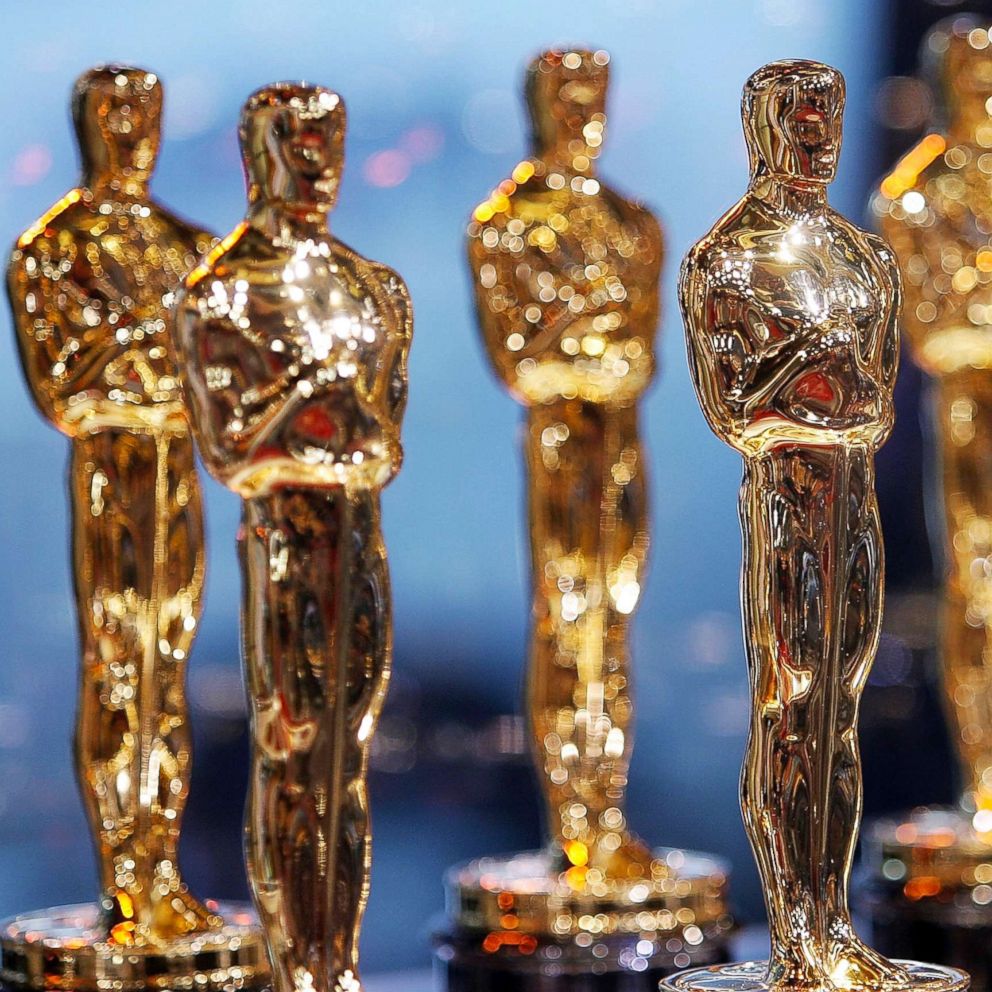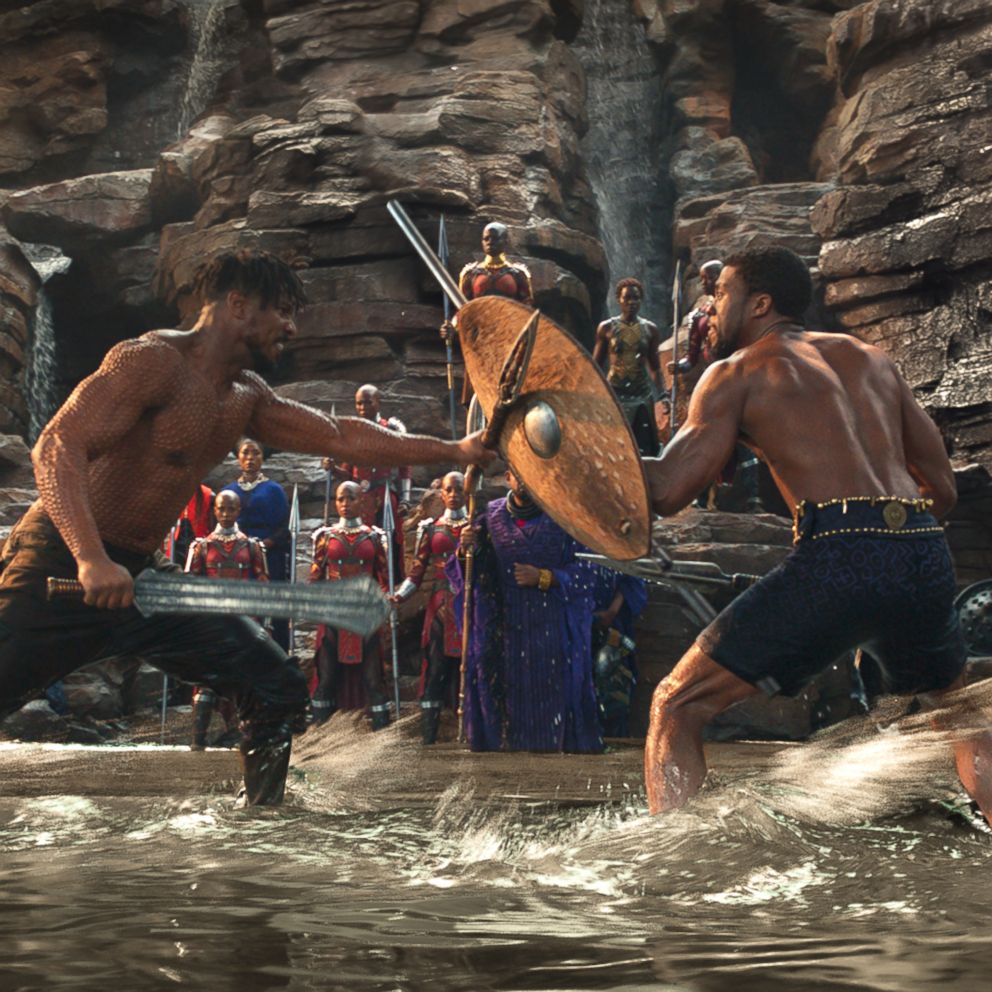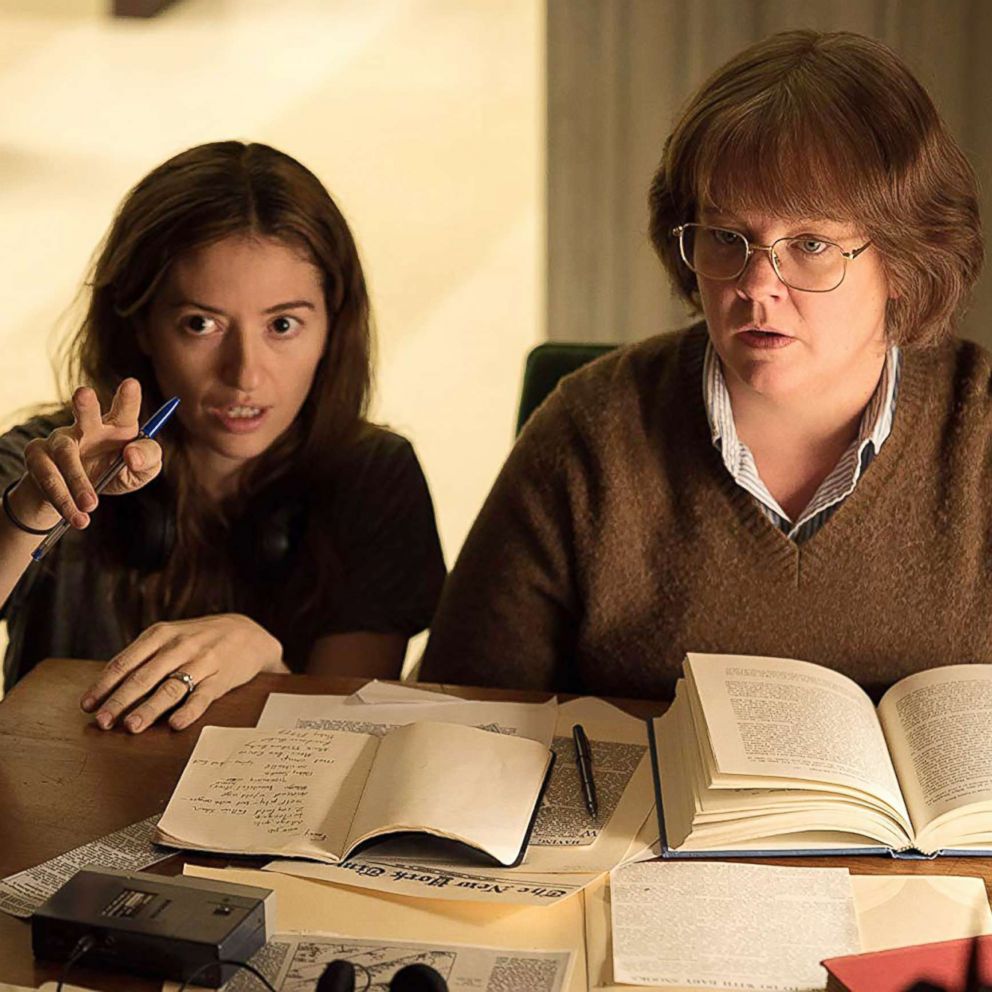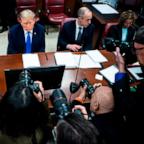LGBTQ representation in 2019 Oscar nominees praised by rights organization
The 2019 Oscars will mark a historic time for LGBTQ storylines in film.
The 91st Academy Awards will mark a historic time for LGBTQ storylines in film.
Editor’s Picks
GLAAD, an organization that combats discrimination and fights for LGBTQ equality, released a report last month stating that this year's nominees are more inclusive than ever before.
From Mahershala Ali's gay character in "Green Book" to the lesbian love triangle that "The Favourite" centers on, some of the Oscars' most buzzworthy nominees include LGBTQ representation.
This is a step in the right direction, in an industry that has historically underrepresented the community. Directors, writers, actors and others who have worked on the Oscar-nominated films have spoken about the significance of different sexualities in the films.
"When Moonlight won best picture two years ago, it sent a message to LGBTQ people around the world that our stories and identities matter, and now, there are more LGBTQ-inclusive films nominated for best picture than ever before," said Rich Ferraro, chief communications officer at GLAAD, in a statement to ABC News.
"It’s clear that audiences and critics everywhere are growing to accept LGBTQ people and want to hear more about the issues that matter to our community," he added.
Can You Ever Forgive Me?
Melissa McCarthy and Richard E. Grant earned Oscar nominations for their performances in the Marielle Heller-directed film about author Lee Israel's forgery scheme and the ramifications of her ploy. The biographical film is based on Israel's famous 2008 memoir.
The film's main character, Israel (McCarthy), is a lesbian, and Jack Hock (Richard E. Grant), her friend and counterpart in the schemes, is an openly gay man. Hock's life is significantly impacted by the AIDS crisis in the 90s.
The film's co-screenwriter, Tony award-winning playwright Jeffrey Whitty, spoke to ABC News about his thoughts on sexuality when creating the script.
"What I wanted to avoid from the very beginning was that this would be a niche film that would play at gay and lesbian film festivals and then sort of disappear," he said.
"That was never my goal to make a statement about gay and lesbian life or anything. For me, the statement was that it is not an issue really at all for either of these characters," he continued. "That their being gay is just simply part of who they are."
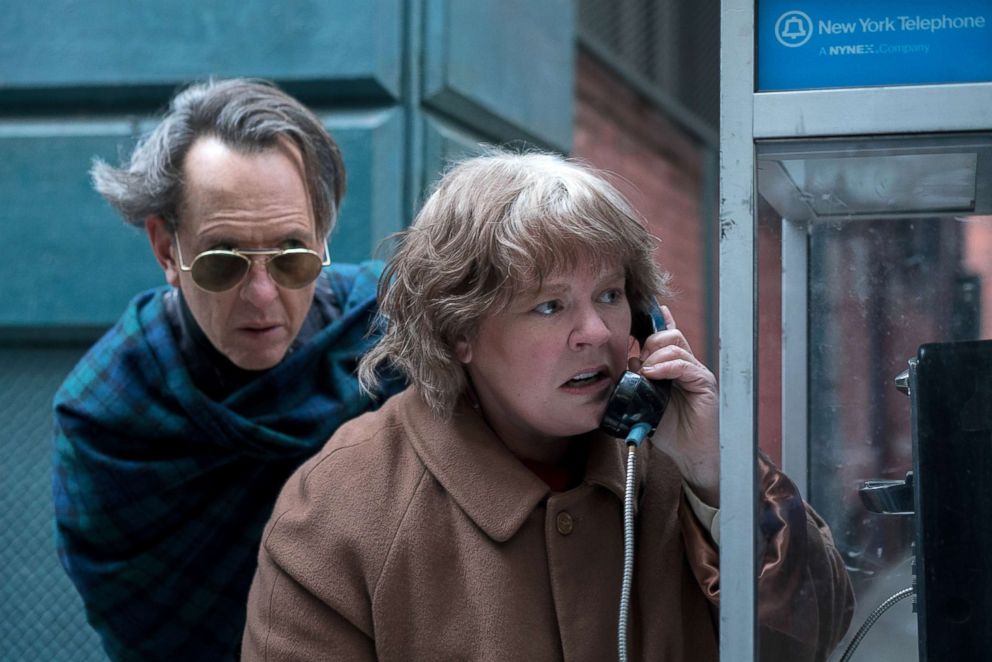
"It's part of the package," he added. "It's one of their less interesting qualities when you look at them. It's not anything that's in their way. Or they never have to make a declaration like, 'I'm a lesbian' or 'I'm a gay man,' but they simply can be together."
Whitty said that his life in New York during the 90s heavily influenced his development of Jack.
"I moved to New York in 1993. The events of the movie took place in 1991, so I wasn't far off when I landed there," he said. "It's very much the landscape, what Richard's wearing at the end, the bandanna on his head, all of that. It's very, very true to what I remember."
The co-screenwriter says the fact that the movie is about a lesbian and gay character doesn't need to be the most important point of the narrative.
"No one thinks of it as a gay and lesbian movie," he said. "It makes me really happy because it is so quintessentially a gay and lesbian movie, but our culture is such a gay and lesbian culture — we just don't know it. The movie is the happiest of ending really, of what happens when people can just be themselves."
"So often we have, it's either 'Queer As Folk' or 'The L word,' it's one or the other, and I love that it is a story of, you know, a lesbian and a gay man together because they're such wonderful counterparts, Lee and Jack," he added.
The Favourite
Another Oscar-nominee with an LGBTQ-inclusive storyline? Yorgos Lanthimos' "The Favourite," which stars Olivia Colman, Emma Stone and Rachel Weisz.
The director had a similar perspective to Whitty when considering sexuality in the film.
"My instinct from the beginning was that I didn’t want this to become an issue in the film, for us, like we’re trying to make a point out of it,” Lanthimos told IndieWire in September 2018.
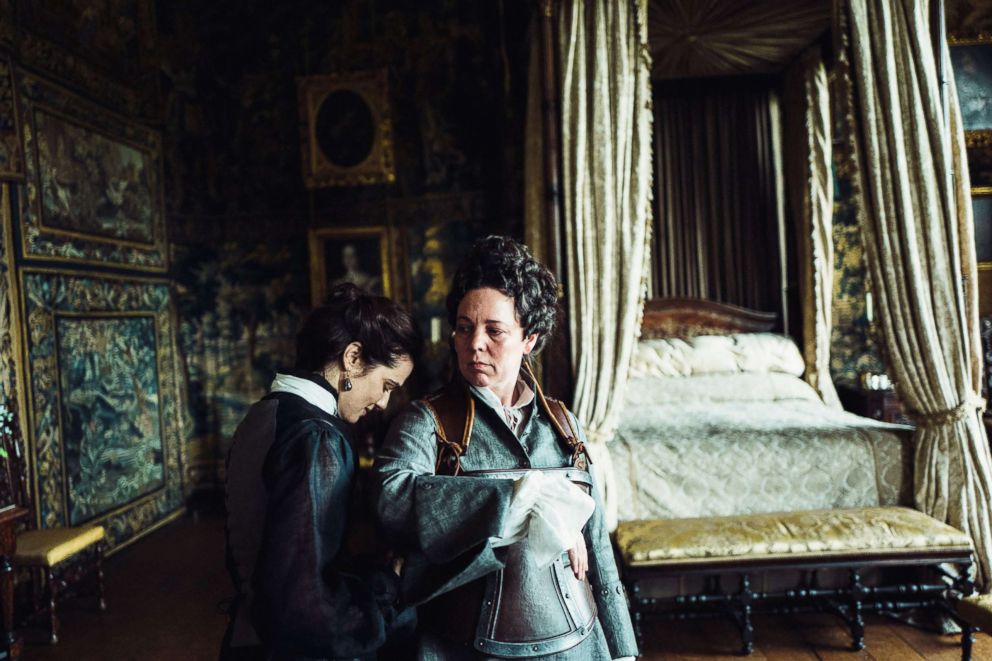
“I didn’t even want the characters in the film to be making an issue of it," he continued. "I just wanted to deal with these three women as human beings. It didn’t matter that there were relationships of the same gender. I stopped thinking about that very early on in the process.”
Bohemian Rhapsody
Much of "Bohemian Rhapsody," which earned five Oscar nominations, contained LGBTQ elements in portraying the late Freddie Mercury's sexuality.
"There’s a guy who’s questioning his sexual identity," Rami Malek, who played Mercury, told Film4. "There’s a confused kid in there, a very complicated kid — and inside him is somewhat of a tempest, just volatile, about to explode."
The movie documents Mercury's gay relationships and his relationship with his ex-partner Mary Austin.
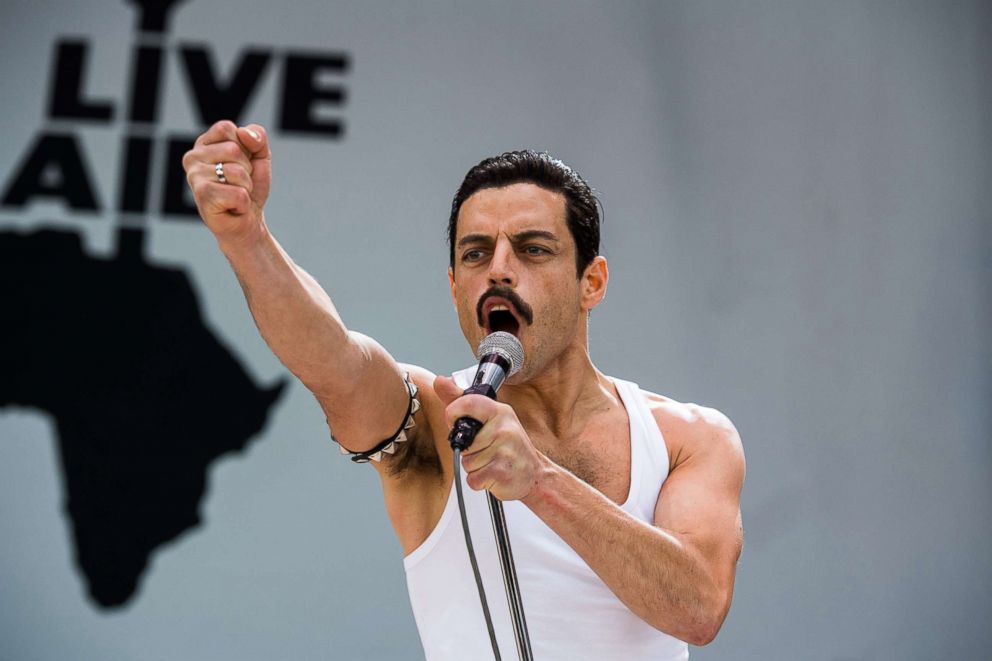
However, the portrayal of Mercury's sexuality in the film has been controversial.
Critics have accused the movie of everything from portraying Mercury's bisexuality in a damaging light to not focusing on his sexuality enough.
Green Book
Mahershala Ali stars as Dr. Donald Shirley, a gay pianist traveling the country on a concert tour, in "Green Book." However, his sexuality isn't focused on heavily throughout the film.
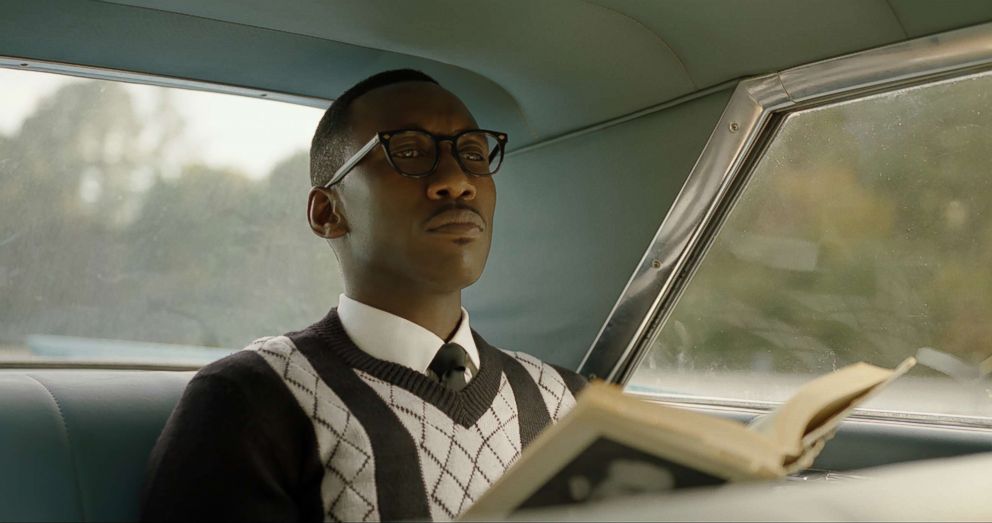
At one point, there's a brief mention that he previously had a failed marriage with a woman. But in one scene, he is arrested for having relations with a man at the YMCA. This is when his driver, Tony (Viggo Mortensen), tries to salvage the situation and help him out of trouble.
During the movie, however, Shirley doesn't speak at length about his sexual orientation.
The push for LGBTQ inclusivity
Movies like "Vice" and "Marguerite," among others, also contain LGBTQ elements in the plot lines, GLAAD points out in the report.
The number of LGBTQ-inclusive nominees has risen this year, and advocates, actors and screenwriters will continue to push for more inclusion in Hollywood.
"Film is America’s largest cultural export and when films include LGBTQ characters and storylines, it can reach LGBTQ people around the world with relatable and inspiring stories, including in countries where being LGBTQ is still not widely accepted," Ferraro said in a statement.
Whitty said that filmmakers who want to effectively include inclusive storylines will have to "keep putting them in unexpected places."
"We're everywhere," he shared. "You just sort of allow room for people to be in whatever relationship they're going to be in."
"So the way that I do that in life, I think that Hollywood could do that, too. Just allow for lots of possibilities," he continued. "Whatever the character is, so what if he's gay? That can just be a sort of secondary characteristic now. It's not the forefront of everything."
Queer roles for queer actors and actresses
Another point that Hollywood must continue to push for is representation in LGBTQ storylines from actors who are part of the community. Often, roles for gay men will go to straight actors and the same has happened with lesbian roles for female actresses.
Straight actors and actresses have earned nominations and wins for playing queer roles. In 2016 Sir Ian McKellen spoke with The Guardian about how no openly gay man has won an Oscar for best actor.
"No openly gay man has ever won the Oscar; I wonder if that is prejudice or chance,” he told the Guardian.
"What about giving me one for playing a straight man," he continued. "My speech has been in two jackets… 'I’m proud to be the first openly gay man to win the Oscar.' I’ve had to put it back in my pocket twice."
